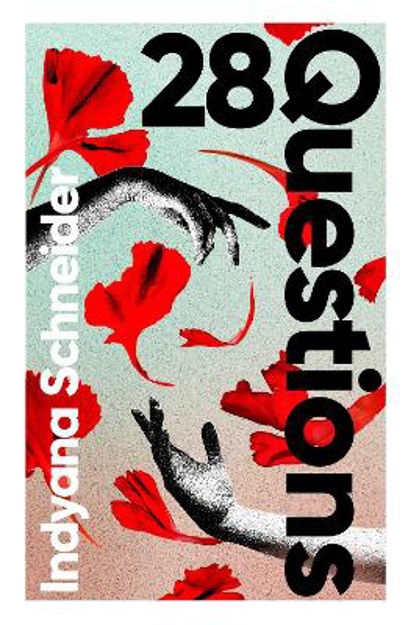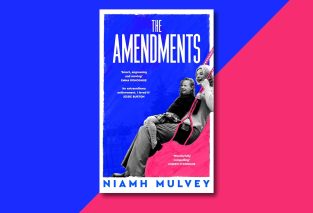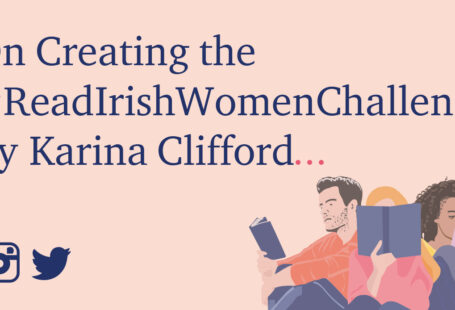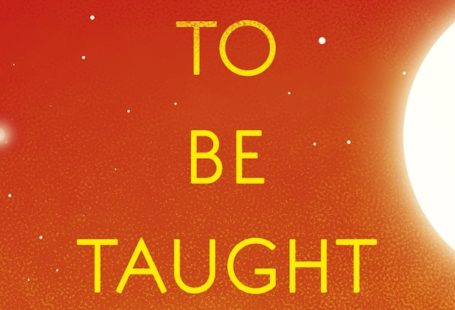
In my debut novel, 28 Questions, the narrator is a wannabe opera singer who tells a stranger on the tube, “I need to marry a writer”. I can attest to the fact that it is a brilliant match, not because I am married myself, but because I am fortunate enough to lead a double life as a novelist (by day) and opera singer (by night) – a marriage within, if you like.
Opera came first – years of technical / repertoire / language study. A dramatic story of first love all on its own – passion, excitement, heartbreak, rejection, reconnection, moving towards a gentler, more compassionate love, more passion, more excitement, more rejection and so on. Along the way, I fell in love with writing fiction, and now the three of us – opera, fiction, and myself – co-exist pretty peacefully.
The marriage logistics work well – opera singers live quite nomadic, on-again-off-again lifestyles and you can write from anywhere, anytime. (I am currently on a train from Germany to France). As an opera singer, you’re constantly in new places, meeting new people and hearing their stories – amazingly fertile fiction soil. But more than this, I feel my first love prepared me for my new love.
- I am very familiar with the terrifying side of making art for an audience:
- you spend most of your waking hours thinking about your art
- you give everything to your performance, to the extent that you feel physically dazed and empty at the end of a show
- you want people to love what you do in a vicious, primal way
Writing a novel is no different. And when they don’t love what you do? Yes it hurts, but it’s okay. It’s inevitable. After years of rejection and success, criticism and praise, I feel confident in the subjectivity of reactions/reviews (on most days).
- Opera singing also takes a lot out of the body physically – you can only really sing healthily for a few hours a day – and rest / sleep is non-negotiable, so I have learnt to feel content with good work over long work.
- I’ve spent a lot of time considering and discussing the difference between singing for yourself and singing for an audience. Some singer friends of mine cite a kind of polluting of art in order to “appeal to the masses”, but right now, I disagree. I believe that certain changes and sacrifices are necessary in making public art – I take my audience into account with my creative choices and have a kind of empathy for the auditorium experience of my performance above my own internal experience. I approach writing in much the same way. While as a writer, one might be tempted to kill a character or break up a relationship or write a terribly tragic, gut-wrenching ending, I want to approach my plot, asking: how would I feel as a reader when presented with this? (Obviously art for the sake of art / an artist is fine, too, just not my style at present).
- My approach to writing is also infused with my theatre background. I plan a novel with a kind of ‘vision’ in mind: I sketch characters’ costumes, imagine settings like a ‘set’, and graphically map characters’ emotional high and low points, as if I were in a show. Writing dialogue from a first-person perspective is almost an exercise in improvisation. For example, my therapist grandma and I spent some time together digging into the depths of my protagonist’s psyche – I ‘acted’ as my protagonist and my gran therapised me. It was dramatic and fun and extremely useful.
I’ll not share whether my protagonist ends up with a writer, as per her tube confession, but as for this marriage within? We’re very happy and soon celebrating our second anniversary.

Indyana Schneider is the author of one and a half novels, an opera libretto and many unrequited love letters. She grew up in sunny Sydney, before moving to the UK to study Music at Oxford University. After a few years working in the charity sector in London, Indyana moved to Vienna to sing opera professionally. She now lives, sings and writes around the world.
She is a keen and clumsy salsa dancer, messy cook and short-distance runner.






Recent Comments